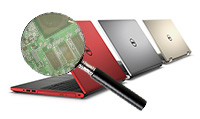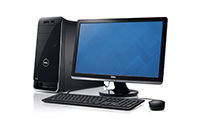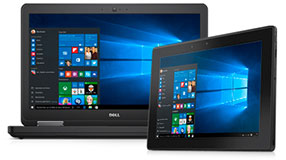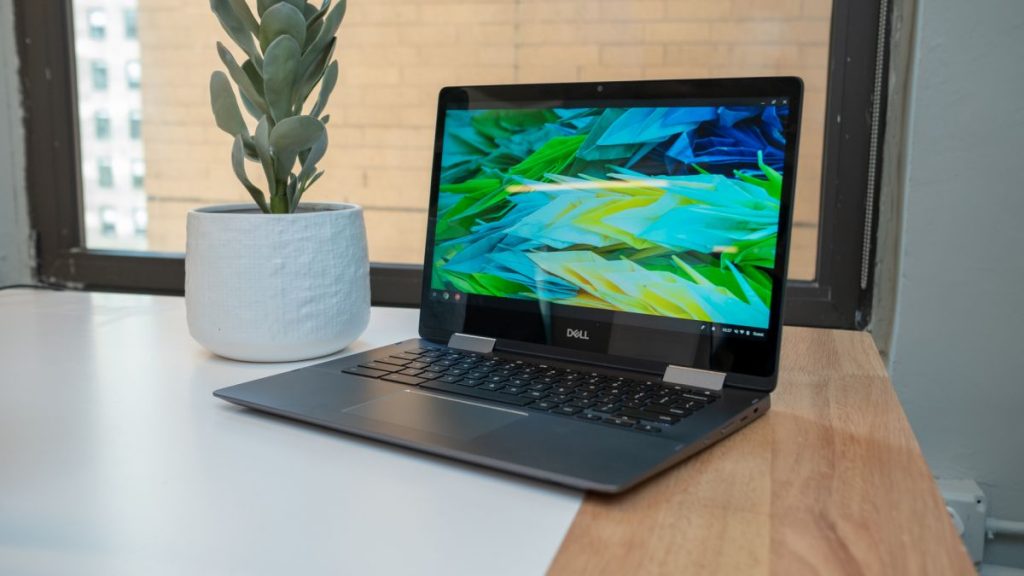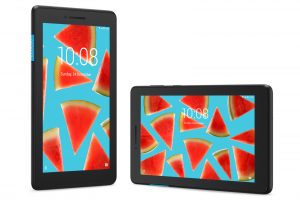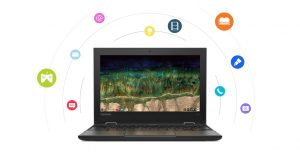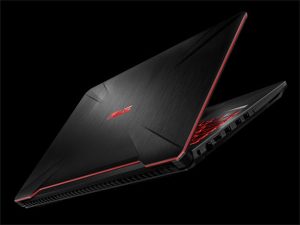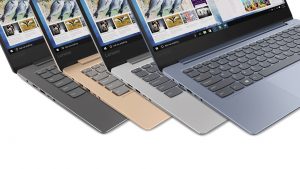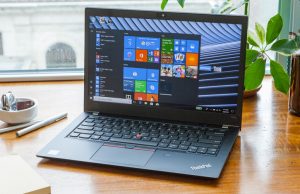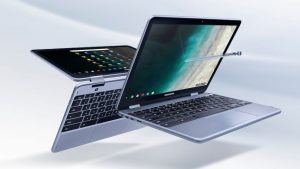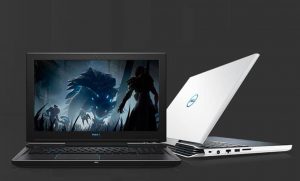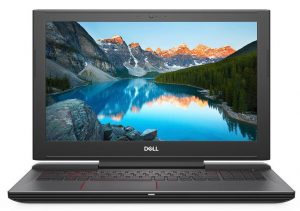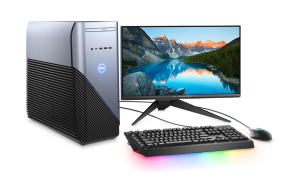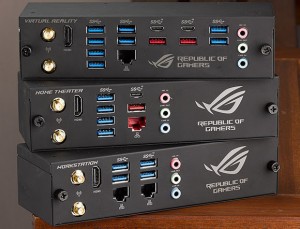

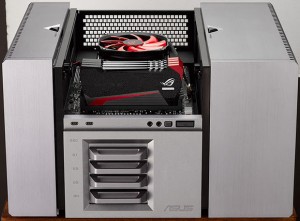

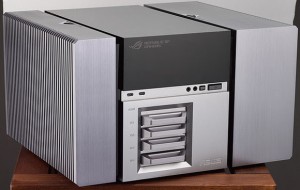

Tom’s Hardware says that several components that usually have to be screwed into the machine are now easy enough to just push into place. It’s SSD, PSU, and graphics-adapter boards (where all the mess of cords and cabling come from) are incorporated into the front of Avalon, where the motherboard is located. This way, they appear “on the PC’s face, rather than needing to be connected to the front panel with extenders and extra cables”, says PC World. The back features a completely modular I/O for your plugs (the rear I/O panels connect to the motherboard via “edge connectors”, which Asus relies on for making the device as wire-free as possible), and the hard drive connectors are placed in super easy hot-swap drive bays on the side. These are just some of the features of this Frankenstein device. You could read on forever about this thing, as I did on PC World, so feel free to nerd out over there if you want.
We haven’t heard much about modular computing since Motorola’s Project Ara smartphone, nothing huge in the news at least. Even the LG G5, which was technically modular, only included three optional parts, so, this proof-of-concept for a modular motherboard from Asus takes the cake by far. However, proof-of-concept means just that. Project Avalon isn’t ready for consumers, and could take quite some time to hit the market, especially as Asus continues to work with other partners in developing it further. We will be patient because at least we know this thing is for real.

 Laptop & Tablet Parts
Laptop & Tablet Parts